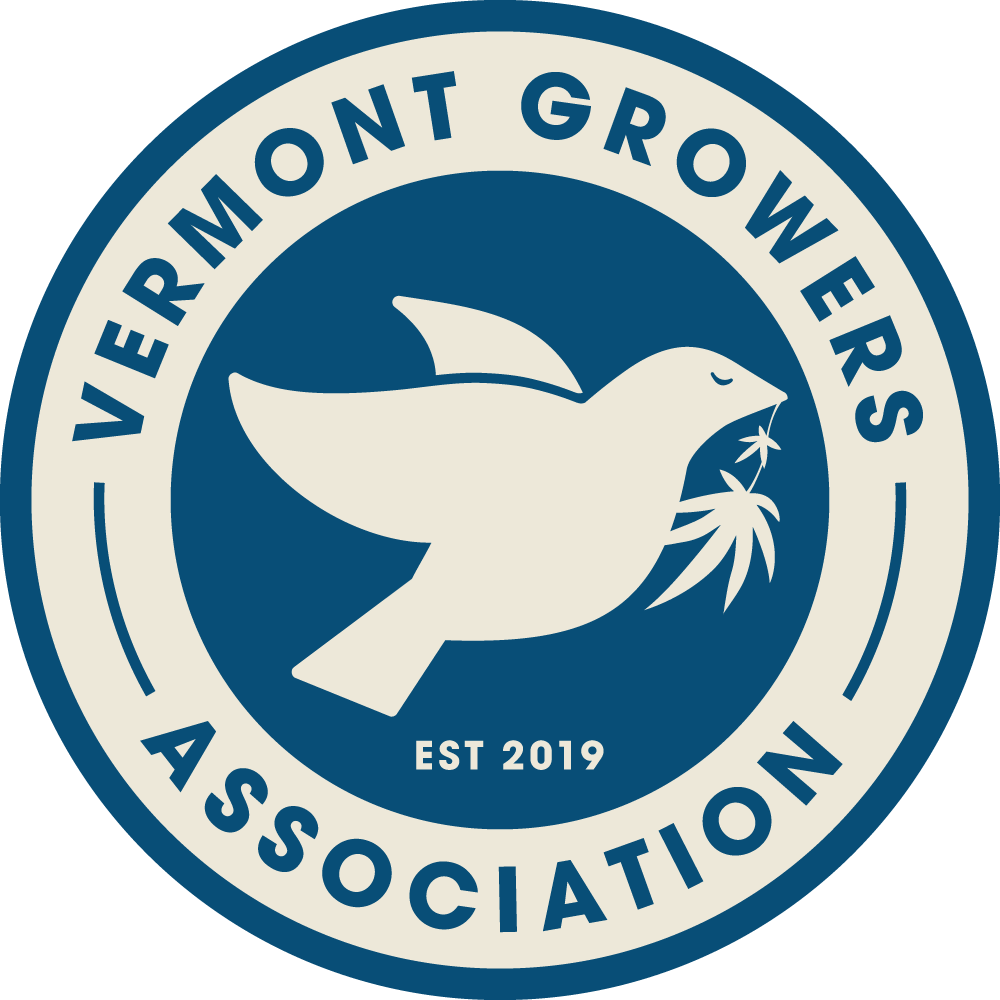
Overview
Since the start of the adult-use market, each legislative session, the Cannabis Control Board works with lawmakers to introduce legislation representing the agency's priorities, and that was Bill H.321 in 2025, an act relating to miscellaneous cannabis amendments, sponsored by Representative Matthew Birong, the Chair of the House Committee on Government Operations and Military Affairs, and Lucy Boyden. Governor Scott enacted bill H.321 as Act 56 on June 11, 2025. Act 56 (2025) has 13 distinct sections that are primarily technical in scope and went into effect on July 1, 2025.
Quick Facts
Bill H.321 is now Act 56 (2025), and it enacts 13 sections of primarily technical non-substantive changes for the Vermont adult-use market and the medical cannabis program.
Lawmakers now allow law enforcement to seize cannabis and cannabis products in violation with the Cannabis Control Board’s administrative rules.
The Cannabis Control Board offers language that seeks to satisfy the FBI to be eligible for background checks.
The new Propagator license now has an explicit allowance to sell seeds and living plants to retailers.
There is a legislative report that tasks the Cannabis Control Board with making recommendations to the fee schedule, other market structure reforms, and appropriations for using the cannabis excise tax to fund the Cannabis Business Development Fund and the Land Access and Opportunity Board as community reinvestment.

A Break Down of Act 56 (2025)
Use the collapsable areas below to explore each section of Act 56 to better become acquainted with the law and how it impacts you.
-
Allows law enforcement to seize cannabis that's illegal as deemed by the CCB, such as tainted cannabis flower or products, delta-8, synthetics, etc.
We generally oppose increasing the role and presence of law enforcement in the adult-use market, especially considering their role in criminalization and the targeting of historically marginalized communities.
-
Reflects the third attempt to get the FBI to approve Vermont for background checks, suggesting it would reduce costs and make it easier for licensees, should the FBI accept this language, which is to be determined.
If background checks are necessary, we prefer using the FBI for them instead of third-party services – the federal government tends to be faster, more secure, and less expensive than private businesses.
-
Adds an individual from Migrant Justice to the Land Access and Opportunity Board.
-
Technical amendment from last year redefining delta-8, synthetics to be under the jurisdiction of CCB, which it bans through its administrative rule 2.17 (link).
We support explicitly prohibiting these substances and compounds from entering the adult-use supply chain, which includes hemp-derived CBD converted into delta-9 for public health purposes and to protect the intrastate market.
-
Generally speaking, this section allows the CCB to continue to use third parties should the FBI deny Vermont again.
-
Under previous rules, the CCB would issue temporary ID cards to employees upon completion of the preliminary employee ID card application, allowing cannabis workers to begin work immediately under the supervision of a carded individual.
Under these new regulations, the CCB may now opt to issue a temporary ID card, but is not required to without “good cause” (for example, if the application is expected to take more than 12 days).
The previous employee ID card system, which included temporary issuance, allowed individuals to start working immediately. This was particularly beneficial for licensees, especially small producers. We see this change as an unnecessary burden that will disproportionately affect licensees, and we are left wondering why the agency pursued this modification.
-
The receivership corollary is designed for rare situations in which a cannabis business cannot continue operating under its current principals, such as in cases of divorce or death. This amendment allows the Cannabis Control Board (CCB) to approve a court-appointed receiver who can temporarily wind down the business or appoint individuals to manage its operations.
This section grants the CCB emergency authority to intervene when a cannabis business can no longer operate normally. It allows for the temporary appointment of third parties, protects these parties from liability, and supports legal actions involving cannabis businesses.
-
This amendment requires cannabis labeling to include a harvest date and packed-on date, suggesting it will help avoid any misrepresentation of the actual age of the product. It also requires cultivators to label strain, potency, and warning labels as prescribed by the board.
-
Allows propagators to sell seeds and living plants to retailers as well as licensed cultivators. This new allowance offers an additional avenue for propagators to get their products to market.
We support expanding allowances for cultivators, including propagators, to sell seeds and living plants to other license types and directly to the general public. Seeds and living plants are long-held supplemental income for farmers, and cannabis growers should not be exempt from this core tenet of agriculture, especially considering the DEA clarified its enforcement position in December 2022 (link) that it views parts of the cannabis plant that fall within the 2018 Farm Bill as legal.
-
This section instructs the CCB to submit a revised licensing fee schedule, which includes projected annual revenue from these fees, to the General Assembly for the 2026 legislative session. The legislative report must also provide information on similar fees in other jurisdictions and address any issues that might affect the viability of the proposed fee schedule. Additionally, the CCB is required to offer recommendations on how the licensing fee schedule can be adjusted to align with the General Assembly's intent to promote participation in the regulated cannabis market by small local farmers and social equity applicants. The report should also recommend whether a portion of the cannabis excise tax should be allocated to the Cannabis Business Development Fund (CBDF).
During the 2025 legislative session, the CCB requested oversight of all cannabis excise tax revenue. However, this request was not approved by lawmakers. It seems that securing this oversight will be a priority for the CCB in the future.
-
This section is a request from the Tax Department to ensure that businesses are current with their tax payments, including excise tax. It emphasizes transparency regarding business transfers. This section is a non-substantive technical amendment to the tax code related to bulk sales.
-
This amendment is not about cannabis; it ensures synthetic nicotine products are taxed the same as nicotine products.
-
Lastly, this section is a technical amendment that removes a reporting requirement for the state auditor. This section is a non-substantive technical amendment that does not change policy for licensees.

